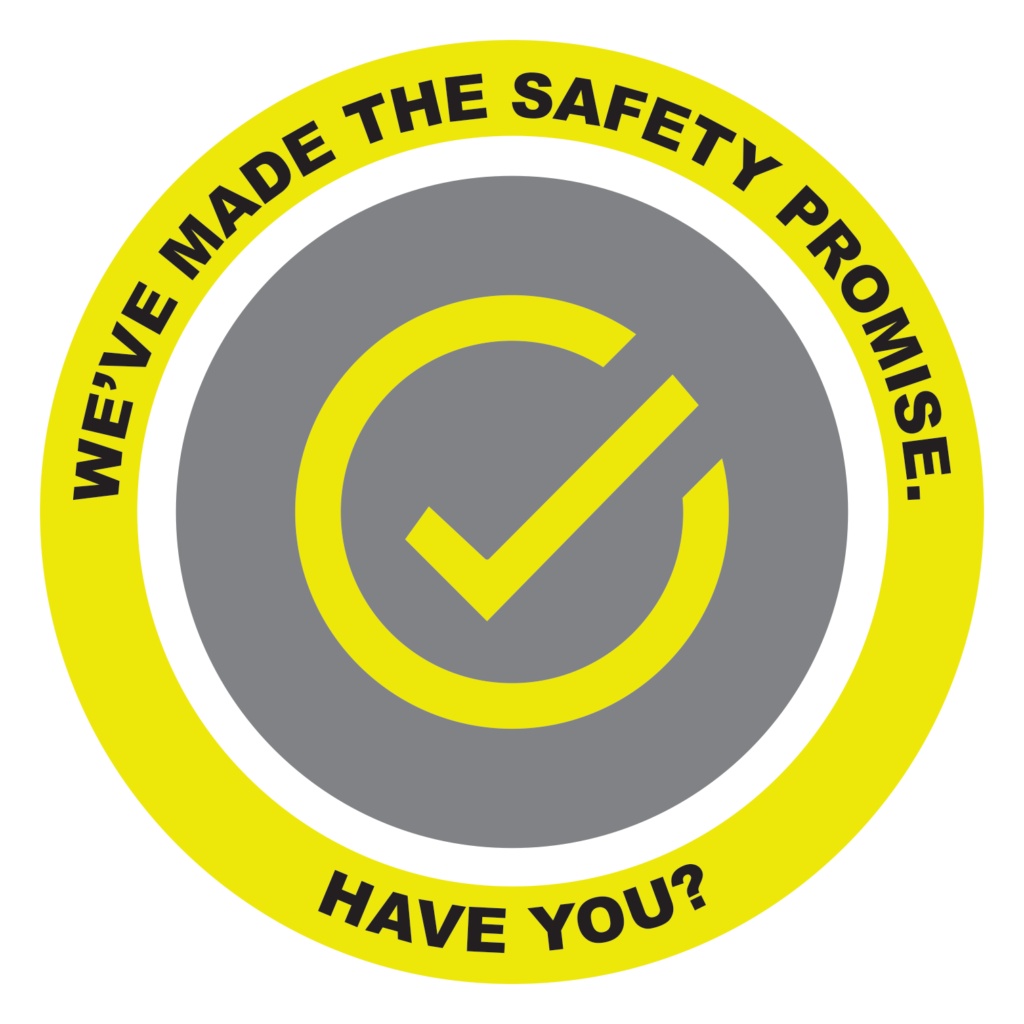Using HACCP approved catering equipment is one of the best ways to comply with the Food Standards. Compliance with the standards is the legal responsibility of every food-based business owner. Failure to comply can result in court proceedings, heavy penalties, or worse – closure of the food business.
This blog will address the benefits of using HACCP Australia-approved commercial catering equipment. As well as look at what catering suppliers, equipment for catering, and commercial kitchen equipment need to be HACCP certified, and the importance of food safety in commercial kitchens. Finally, it will cover compliance with the Food Standards using HACCP.
How Does Using HACCP Approved Commercial Catering Equipment Benefit Your Restaurant, Cafe, Pub, Catering Business or Food Home Delivery Service?
Benefits of Implementing HACCP in Any Food-based Business
When you receive the HACCP certification for your kitchen and catering equipment, the HACCP International will endorse and promote them as ‘food-safe products’. The HACCP International also has headquarters in Australia, Asia Pacific, North and South America, Europe, the Middle East, and Africa.
Benefits under the HACCP International Certification
Publicity through:
- food safety bulletins
- promotions and events
- HACCP Internationals registers
Access to marketing platforms such as:
- web-based support
- marketing initiatives
- advertising and mail-outs
Main benefits of using HACCP Australia approved commercial catering equipment
Reduced Production Loss
The foundation of HACCP is SOPs or Standard Operating Procedures. SOPs aid in the reduction of production losses by minimising errors. With SOPs, detailed descriptions of tasks are checked to ensure the steps throughout the production are properly executed.
Excellent Product Quality
Companies can guarantee to their customers that the products are safe to use. HACCP promotes efficient control of hazards. Reduction of hazards leads to maintaining a clean record which further strengthens the public image of a company
Increase in ROI
By providing your customers with safe and quality equipment, you will earn their trust. When your customers trust you, they will continue to buy more products from you. What’s more, they can confidently recommend your products and services to their family and friends.
How important is food safety in commercial kitchens?
Food safety needs to be taken seriously and not only in commercial kitchens but in any food-based business. Food safety ensures you are eliminating food contamination by proper handling of commercial kitchen equipment.
According to Karen Constable, Technical Manager at HACCP International, “Your choice of non-food items such as equipment, consumables, and service suppliers can have a big impact on food safety”.
Below is the hospitality equipment and restaurant supplies that need to be HACCP approved:
- kitchen shelving
- ice machines
- meat slicers
- convection ovens
- benchtop bain-maries
- commercial microwaves
- soup warmers
- fryers with baskets
- combi ovens
- cream whippers
- commercial ovens
- soup kettles
- stainless steel tables
- drinks fridges
- commercial deep fryers
- Bratt pans
- commercial sandwich presses
- salamander grills
- trays
- dishwasher racks
- electric food warmers
- commercial glasswashers
- commercial rice cookers
- upright freezers
HACCP versus traditional food safety programmes. What's the difference?
HACCP uses an organised and structured approach which is easily evaluated by in-house and guest auditors. It’s about taking action to prevent hazards within the food processing and production industries. The main areas of focus are spoilage and the contamination of food.
HACCP auditors primarily look for the four types of hazards which are the physical, microbiological, chemical, and allergens.
Is HACCP mandatory for food businesses?
HACCP is a method of identifying and controlling potential hazards present in the manufacturing process and handling of food.
The Food Standards Code requires all food-based businesses to implement HACCP in their food safety program; it is mandatory.
Implementation of HACCP is a MUST for commercial kitchens producing or handling any of the components listed below:
- Vinegar used as a preservative (e.g., sushi rice)
- Raw eggs
- Reduced oxygen packaging (e.g., sous vide)
- Custom-processed animals
- Shellfish served straight from a tank
- Smoked or cured meats
- Freshly squeezed juices
How to Get HACCP Certified
Getting the HACCP certification varies depending on your chosen HACCP accrediting organisation and the nature of your business. But here’s what you should know.
1. Developing the HACCP plan
The first step in complying with the Food Standards and getting HACCP certification is to write an HACCP plan. Writing the plan involves qualified guest auditors and in-house auditors. Auditors are responsible for conducting the preliminary steps and then applying the 7 HACCP principles.

The 5 Preliminary Steps
- Bring together the HACCP resources/assemble the HACCP team.
- Describe the product and its method of distribution.
- Develop a complete list of ingredients and raw materials used in the product.
- Develop a process flow diagram.
- Meet the regulatory requirements for Sanitation Standard Operating Procedures (SOP’s).
The 7 HACCP Principles
- Conduct a hazard analysis.
- Determine the critical control points (CCPs).
- Establish critical limits.
- Establish monitoring procedures.
- Establish corrective actions.
- Establish verification procedures.
- Establish record-keeping and documentation procedures.
2. Prerequisite Programmes
Prerequisite programmes are hygiene procedures which include staff training, finished product specifications, incoming material specifications, and supplier approval.
3. Building your company's HACCP
Developing your company’s HACCP based procedures requires hiring a consultant. Your staff, assigned as in-house auditors, should also have proper training. This is necessary for the effective implementation of your company’s HACCP programme.
4. HACCP inspection
Finally, you should meet all the HACCP requirements and double-check that your company can control any possible hazard. This is crucial as your company undergoes a review from accredited HACCP inspectors.
Are you into the food business? Do you need HACCP approved catering equipment?
We at Coles have a wide variety of catering supply and hospitality equipment. We can quote and deliver commercial catering equipment Australia-wide.
Likewise, if you’re based in NSW, especially in the Hunter Region, Newcastle, Lake Macquarie or the Central Coast, we are willing to visit your premises and provide a full assessment of your existing equipment and requirements.
If you want to know more about our HACCP approved catering equipment, or our products and services, call us on (02) 4957 0221 or visit our office at 141 Lambton Rd, Broadmeadow, NSW.



